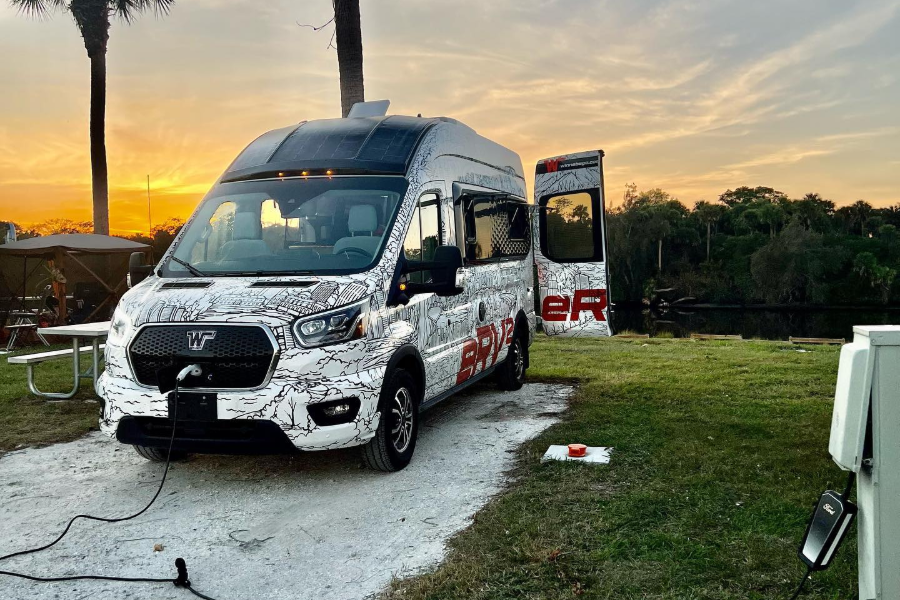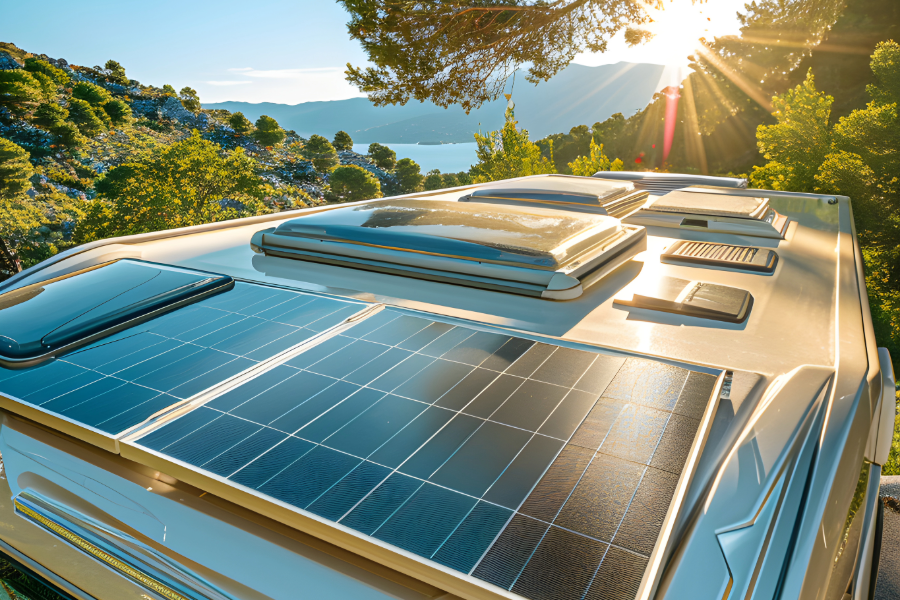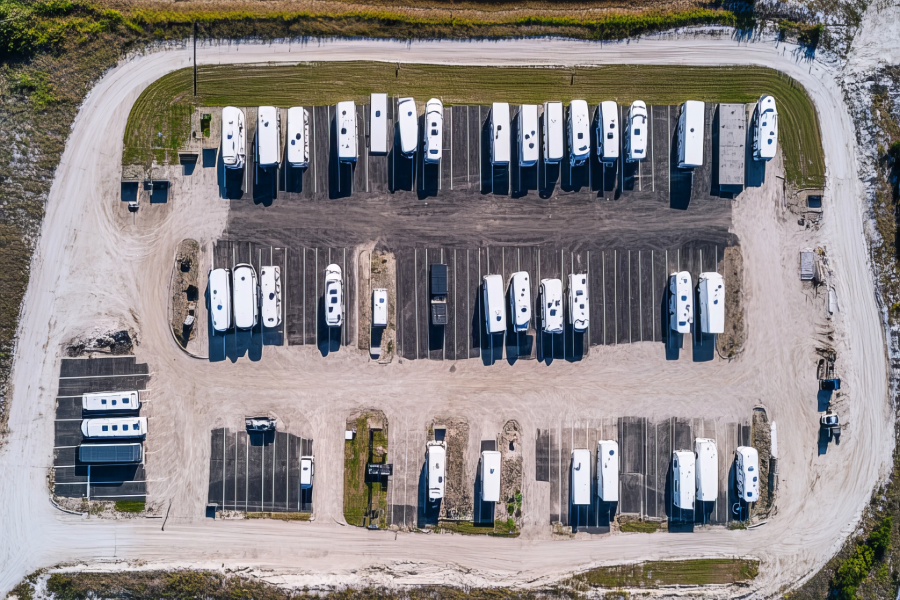
The RV industry in 2025 is poised for exciting developments driven by shifting consumer preferences and technological advancements. Emerging trends include increased interest from younger demographics, growth in eco-friendly electric and hybrid RVs, and the integration of smart technologies for enhanced comfort and safety. Luxury features and customizable designs are likely to cater to diverse lifestyles, while the rental market and sharing economy continue to expand. As sustainability and innovation take center stage, the RV industry promises to evolve in ways that align with modern demands for mobility, flexibility, and environmental responsibility. So if you’re curious as to Where The RV industry Is Heading, here are a few of our predictions based on current trends!
Continued Growth in RV Ownership
Younger demographics: Millennials and Gen Z are increasingly investing in RVs for travel and remote work opportunities, driving sustained demand.

First-time buyers: Economic flexibility and a desire for outdoor recreation could continue to attract new buyers.
Expansion of Electric and Hybrid RVs
Sustainability focus: Manufacturers may prioritize eco-friendly designs, including electric and hybrid RVs, as governments push for lower emissions and green technologies.

Infrastructure improvements: Charging networks could expand, making electric RVs more practical.
Advances in Technology
Smart RVs: Integration of smart-home technologies, such as voice controls, energy monitoring systems, and connected appliances, is likely to rise.
Improved safety features: More RVs may come equipped with advanced driver-assistance systems (ADAS) like adaptive cruise control, lane-keeping assist, and collision avoidance.
Customization and Luxury Features
Premium models: High-end RVs with luxury finishes and unique layouts could see increased demand, catering to wealthier buyers.

Modular interiors: Customizable designs that accommodate work, living, and entertainment will appeal to those seeking multipurpose RVs.
Growth in Rental Markets
Sharing economy: Peer-to-peer RV rental platforms could expand, driven by people seeking short-term RV experiences without full ownership costs.
Fleet optimization: Dealerships might invest more in rental services, diversifying revenue streams.
Increased Focus on Sustainability
Solar integration: Solar panels and battery storage systems will likely become standard options for new RVs.

Recycled materials: Use of sustainable materials in RV manufacturing could increase
Legislative and Regulatory Impacts
Zoning and camping regulations: Changes in where RVs can be parked or stored might affect usage trends.

Tax incentives: Government initiatives for eco-friendly vehicles could encourage purchases of electric or hybrid RVs.
Supply Chain Innovations
Faster delivery times: Manufacturers may adopt new technologies or partnerships to streamline production.
Alternative materials: To address shortages, companies might explore alternatives to traditional materials like steel and aluminum.
Regional Variations
Urban markets: Compact RVs and camper vans could see growth in urban areas with limited storage space.

Seasonal adaptations: Features like enhanced insulation and heating systems could appeal to buyers in colder climates.
The future of the RV industry is brimming with possibilities as it adapts to modern lifestyles and technological advancements. With a focus on sustainability, innovation, and tailored experiences, the industry is set to attract a broader range of adventurers and enthusiasts. As we look to where the RV industry is heading, it’s clear that the journey will be one of growth, creativity, and a deeper connection to the freedom of the open road.
